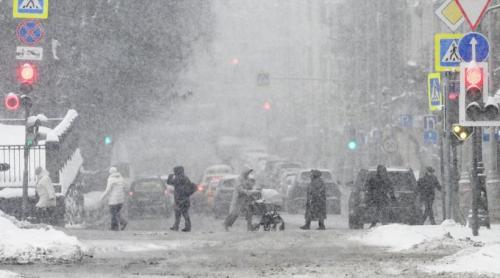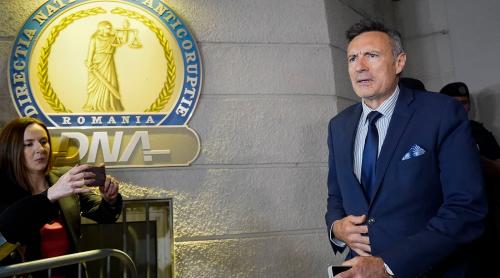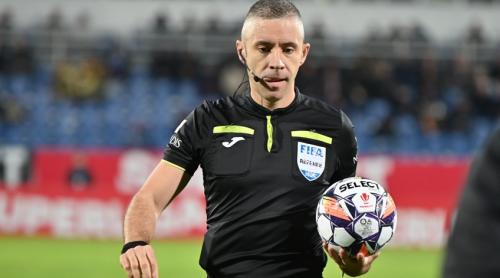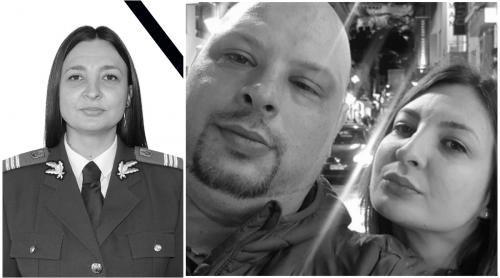Popeâs John Paul II life and achievements have had a crucial importance to the affirmation of truth and dignity as defining values of the humanity.
John Paul II has been one of the supreme faces of the 20th century spirituality. His life, a total opposition to anything meaning humiliation of the human condition, symbolizes this continous search for the connection between the human being and transcendence. For John Paul II, the confrontation with evil meant an absolute moral obligation. The last years of the life of this exceptional person meant a lot of sufferance. However, the Pope remained faithful to his principles and, through his actions, he tried to unite the fundamentals of action and contemplation. He continued to foresee and practice those ideas present in the major documents of the period in which he ruled the world of Catholicism: the "Redemptor Hominis" (Manâs Redemption) encyclical letter and, not less important, the "Veritatis Splendor" (The Splendor of the Truth) encyclical letter. The latter, published in 1993, was a document of moral theory with the purpose of encouraging reflection and dialogue. Its contents show John Paulâs opinion on conscience, reason and freedom, saying that morality is based on fundamental truths about the human nature and the world, but not on individual options or social consensus. In the thirteenth encyclical letter, "Fides et Ratio" (Faith and Reason), published in 1998, with the opportunity of two decades since his election as Pope, John Paul shows that both of them are legitimate ways of searching truth. This was about a rejection of several modern philosophical tendencies, including post-enlightenment rationalism, Marxism and nihilism, in the name of humanism of the salvation through the rediscovery of the connection to the values of the great Judaic-Christian traditions.
Through years, in my writings, I had the opportunity of talking about the role of this extraordinary thinker and man of spiritual action. In the book of conversations with Mircea Mihaies, "Slowly, Towards Europe" (Polirom, 2000), the reader can find some analyses regarding the Popeâs visit to Romania, but mostly regarding his contribution to the end of communism and to the universalistic opening of the Catholic Church. The Pontiff Sovereigntyâs message from his visit to Romania was suggesting that Orthodoxy didnât mean by any means isolation or lack of participation to the immense transformation of the European and planetary condition. John Paul II has been the Pope who made possible some things that seemed impossible and make them part of the world we live in. If we admit that Poland is the name of the beginning of the collapse of communism - let us remember the strikes at Gdansk, the genesis of the Solidarity, the taking over in 1989 by a Government led by Tadeusz Mazzowiecki, the laic catholic friend of the Pope - , then we have to admit that all these have a connection to the spiritual presence and role of John Paul II.
Pathfinder in so many fields, the Pope has done another exceptional gesture: he visited Israel in 2000. John Paul II was the first Pope to undoubtedly admit the right of the Jewish people to state independence. He talked directly about Israel as a state and its historical legitimacy. Not only that he set diplomatic connections between the Vatican and the Israeli state, but he had always emphasized the vital liaison between Christianity and Judaism.
A component with similar importance in the Popeâs heritance is the admittance of the sins committed along the centuries against different groups or individuals who suffered because of intolerance. This confession of an assumed culpability, coming from a leader of the Church, is, as far as I know, unique in the history of Christianity. The Pope put the 2nd Vatican Council on a higher state (which annuls the morbid thesis of the "deicide people"), naming as clear as he could the anti-Semitism a sin against Christianity. The Document: "We remember: Reflections on Shoah", adopted by the Vatican at the Popeâs initiative, remains a fundamental moral reference for curing the relationships between the Jews and the Catholics. We have to remind here the Popeâs statement with the opportunity of his visit at the Yad Vashem memorial in Israel, destined to the victims of the Holocaust: "All these crimes couldnât have taken place in the absence of a Godless and against God ideology". These are words of an immeasurable depth, having the purpose of explaining the way in which the humanity fell into the totalitarian, fascist and communist barbarisms.
Like Aleksandr Soljientin, Andrei Saharov, Vaclav Havel or Jacek Kuron, John Paul II knew that truth was the most efficient weapon against the totalitarian lie. Always and everywhere, he was the supporter of the values of rightfulness, tolerance and truth. When he came to Poland, in 1979, one year after his election as Pope, John Paul said to his fellow countrymen: "You have nothing to fear from". It was a victorious call to honor, dignity and truth. Totalitarianism, a regime built upon the duplicity and refusal of the traditional differences between good and evil, proved to be powerless against these revived values.
Translation : SORIN BALAN
















